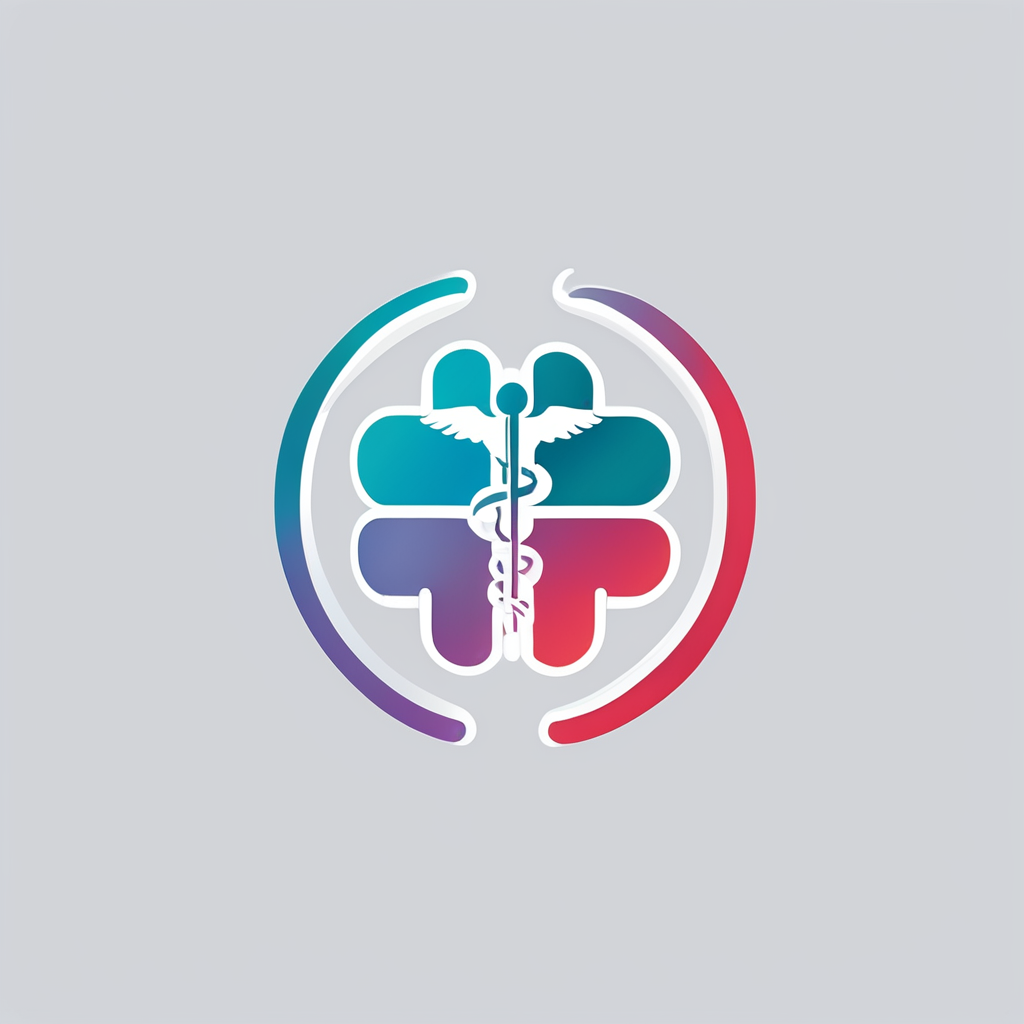Pregnancy is a remarkable journey for every woman, marked by excitement and anticipation. However, this journey may be accompanied by various health risks and potential complications. Understanding these risks is crucial for ensuring both your well-being and that of your baby. In this article, we will explore the most common pregnancy complications, examine their causes and symptoms, and discuss preventive measures you can take. By staying informed and proactive, you can help safeguard your pregnancy and promote a healthy outcome.
Understanding High-Risk Pregnancies
Certain factors can categorize a pregnancy as high-risk. This designation indicates that there may be an increased chance of complications for the mother or the baby. Several conditions can elevate the risk during pregnancy, including age, pre-existing health issues, and lifestyle factors.
In parallel : How can a pregnant woman effectively manage fatigue and energy levels throughout her pregnancy?
For instance, women who are over the age of 35 may face heightened risks associated with pregnancy, such as gestational diabetes or hypertension. Those with pre-existing conditions like diabetes or heart disease may also be classified as high-risk. These diseases can adversely affect pregnancy outcomes if not managed properly.
Symptoms that may indicate a high-risk pregnancy include severe abdominal pain, excessive swelling, persistent headaches, or changes in vision. If you experience any of these symptoms, it is vital to contact your healthcare provider immediately.
Also read : What are the key prenatal vitamins that every pregnant woman should consider taking for optimal health?
To prevent complications associated with a high-risk pregnancy, early and regular prenatal care is essential. This care allows for close monitoring of both your health and the health of your baby. Your healthcare provider may recommend lifestyle changes, specialized screenings, or medications to help manage any existing conditions.
Staying informed and engaging in open communication with your healthcare team can significantly mitigate risks. By understanding your specific situation, you can make informed decisions that promote a healthy pregnancy.
Preeclampsia: A Serious Condition
Preeclampsia is a serious condition that can develop in the latter half of pregnancy, typically after the 20-week mark. It is characterized by high blood pressure and often leads to protein in the urine. If left untreated, preeclampsia can progress to eclampsia, a life-threatening condition involving seizures.
The exact cause of preeclampsia remains unclear, but several risk factors may contribute, including a history of high blood pressure, multiple pregnancies, or a family history of the disease. Symptoms to be aware of include severe headaches, visual disturbances, sudden swelling of the feet and hands, and upper abdominal pain.
To prevent preeclampsia, regular prenatal visits are essential for monitoring blood pressure and overall health. Your healthcare provider may recommend lifestyle changes such as a balanced diet, regular exercise, and stress management techniques. Additionally, maintaining a healthy weight before and during pregnancy can reduce the risk of developing this severe condition.
If diagnosed with preeclampsia, you may need increased monitoring and potentially medications to manage your blood pressure. In severe cases, early delivery of the baby may be necessary to protect both your health and that of your child. By being vigilant and proactive, you can help mitigate the risks associated with preeclampsia.
Gestational Diabetes: Managing the Risk
Gestational diabetes is a type of diabetes that develops during pregnancy, typically around the 24th to 28th week. It occurs when the body cannot produce enough insulin to manage blood glucose levels. This condition can pose risks for both the mother and the baby, including larger birth weights and increased chances of complications during delivery.
Women who are overweight, have a family history of diabetes, or have had gestational diabetes in previous pregnancies may be at higher risk. Common symptoms are often subtle but can include increased thirst, frequent urination, and fatigue. However, many women may not experience noticeable symptoms at all, making routine screenings vital.
To prevent gestational diabetes, maintaining a healthy diet and regular physical activity is crucial. Focus on consuming whole foods, such as vegetables, fruits, whole grains, and lean proteins. Regular exercise not only helps manage weight but can also improve insulin sensitivity.
If diagnosed with gestational diabetes, your healthcare provider will develop a management plan tailored to your needs. This may include dietary adjustments, blood sugar monitoring, and, in some cases, medication. Regular check-ups are essential for assessing your condition and ensuring the well-being of your baby. By being proactive, you can effectively manage the risks associated with gestational diabetes.
Recognizing and Addressing Complications
Being aware of potential complications during pregnancy and knowing how to address them is vital for every woman. Together with your healthcare provider, you can navigate the complexities that may arise during this time. While some complications may be unavoidable, many can be recognized early and managed effectively.
Common complications include preterm labor, placental abruption, and intrauterine growth restriction (IUGR). Symptoms of preterm labor may include contractions, lower back pain, or fluid leakage. If you notice these symptoms, it is crucial to contact your healthcare provider immediately.
Placental abruption, which occurs when the placenta separates from the uterus prematurely, can cause severe abdominal pain and bleeding. This condition requires immediate medical attention to ensure the safety of both the mother and the baby. Intrauterine growth restriction can be detected during routine ultrasounds, and monitoring is essential to ensure the baby receives adequate nutrition.
Preventive measures may include maintaining a healthy lifestyle, avoiding smoking or excessive alcohol use, and managing any pre-existing health conditions. Open communication with your healthcare team is vital. Share any concerns or symptoms promptly, and do not hesitate to ask questions about your health or any risks you may face.
By staying informed, recognizing symptoms, and working closely with your healthcare provider, you can help address complications before they escalate, ensuring a healthier pregnancy.
In conclusion, understanding and preventing the most common pregnancy complications is crucial for every woman. From recognizing the signs of high-risk pregnancies to managing conditions such as preeclampsia and gestational diabetes, being proactive in your prenatal care can significantly affect your health and the health of your baby. Regular check-ups, open communication with your healthcare provider, and a commitment to a healthy lifestyle are essential steps you can take. By staying informed and vigilant, you can navigate your pregnancy journey with confidence, ensuring the best possible outcomes for you and your little one.











